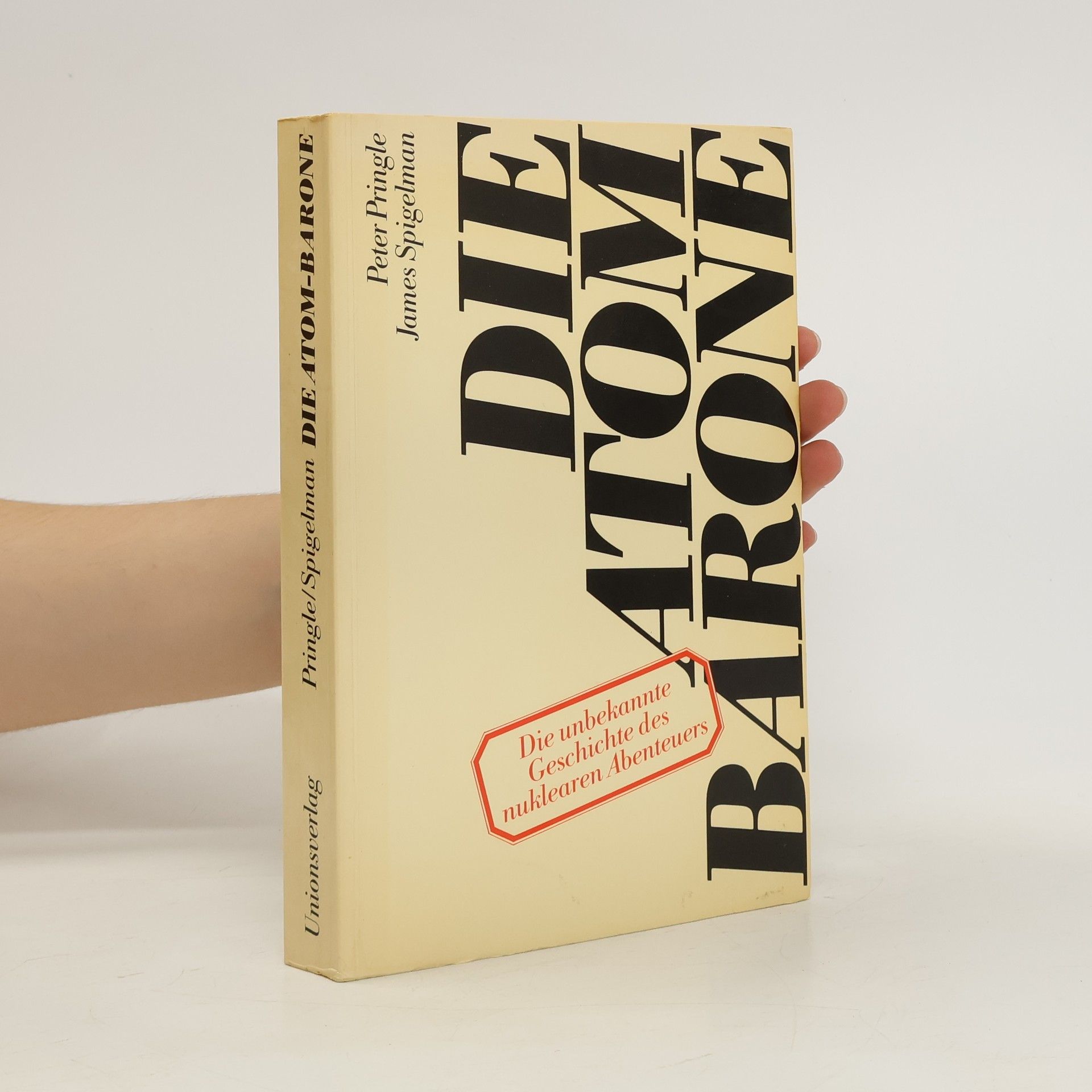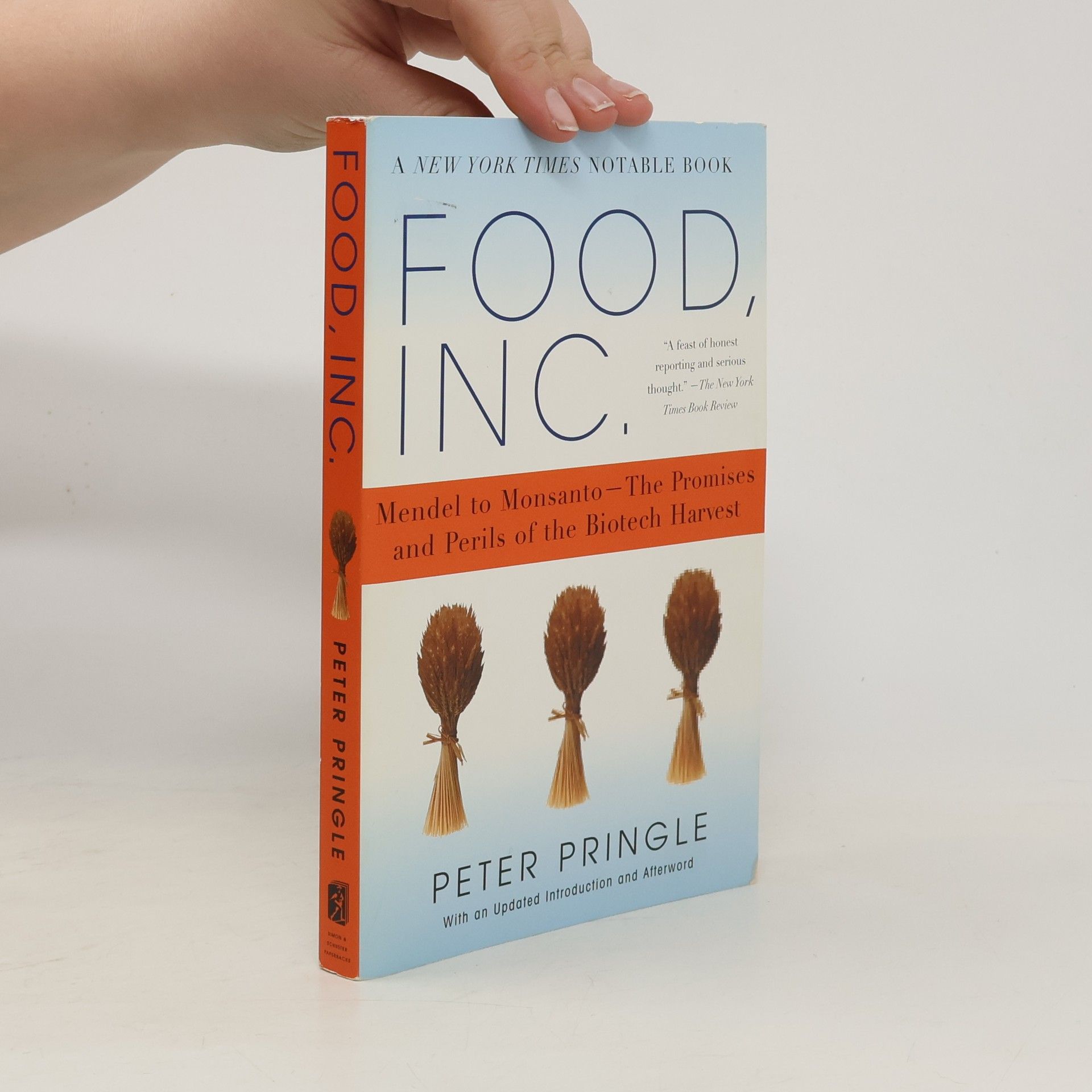On January 30, 1972, soldiers from the Paratroop Regiment stormed the Bogside, killing thirteen unarmed Catholics and injuring sixteen others in an event known as 'Bloody Sunday.' This incident marked a pivotal blunder for the army in Northern Ireland, drastically reshaping the conflict. As the IRA faced potential defeat, the tragedy spurred a surge of recruits, extinguishing hopes for peace and igniting a wave of terror through bombings, assassinations, and ambushes. Despite numerous eyewitness accounts, an official inquiry cleared the army of wrongdoing, instead blaming the march organizers and the IRA for instigating the violence. For nearly three decades, the truths surrounding Bloody Sunday remained concealed in government archives. Peter Pringle and Philip Jacobson, members of the Sunday Times Insight team, gathered crucial evidence from the time, along with newly declassified documents and fresh testimonies from soldiers, civilians, and IRA members. Their research culminates in a comprehensive narrative history of that fateful day, offering an intimate glimpse into a city in turmoil and the disastrous military response that led to three decades of armed conflict. This account brings to light the stories of soldiers, gunmen, stone-throwing youths, and civil rights marchers, all caught in a tragic convergence during a time when Britain was at war with itself.
Peter Pringle Boeken
Peter Pringle is een vooraanstaande Britse buitenlandse correspondent wiens carrière hem een uniek perspectief op wereldgebeurtenissen heeft geboden. Zijn schrijven duikt in de complexiteit van internationale aangelegenheden, voortbouwend op uitgebreide directe ervaring. Pringle heeft een scherp oog voor het menselijke element binnen geopolitieke landschappen, en vertaalt uitdagende onderwerpen naar toegankelijke verhalen. Zijn werk kenmerkt zich door inzichtelijke analyses en meeslepende verhalen.





Food, Inc.
Mendel to Monsanto--The Promises and Perils of the Biotech Harvest
- 256bladzijden
- 9 uur lezen
The global conflict over genetically modified foods involves major corporations like Monsanto and environmental activists such as Greenpeace, both of whom present conflicting narratives about biotech agriculture. While corporations advocate for modified crops that could enhance food supply resilience, critics warn of potential risks to health and ecosystems. Peter Pringle critiques the misleading claims from both sides and proposes a collaborative approach among consumers, corporations, scientists, and farmers to fully harness biotechnology's potential in addressing world hunger and promoting environmental health.
Arthur Hemmings, a British Secret Service agent with a taste for the finer things in life, finds himself embroiled in a deadly international conspiracy aimed at monopolizing the global food supply. The investigation links to the shocking double murder of a professor and his assistant, who unearthed groundbreaking information regarding a plant sex gene. As Hemmings delves deeper, he must navigate danger and deception to uncover the truth behind this sinister plot.
Arthur Hemmings Mysteries: Day of the Dandelion
- 320bladzijden
- 12 uur lezen
British Secret Service agent and middle-aged bon vivant Arthur Hemmings tackles a murderous international conspiracy to control the world's food supply, a case with ties to the double murder of a professor and assistant who had discovered astonishing facts about a plant sex gene. 15,000 first printing.
Übers. u. dt. Bearb. Schulz-Rubach, Marianne ; Oehlmann, Christiane. 296 S.